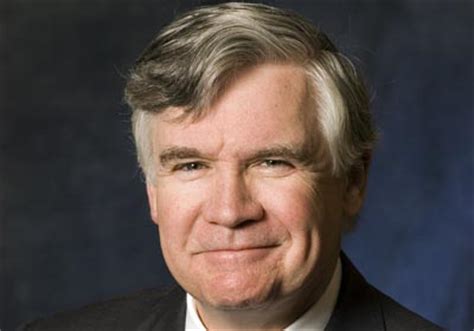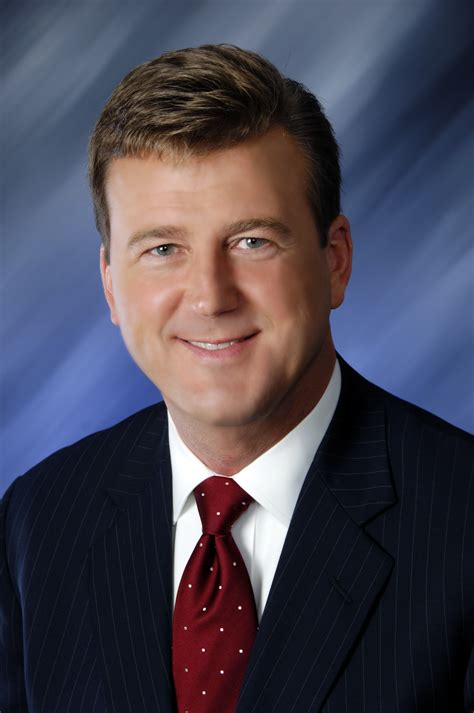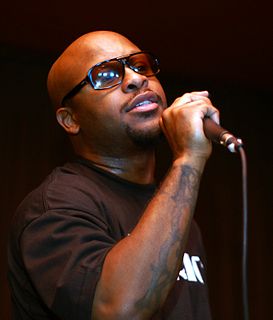A Quote by Warren Buffett
Just look at that Forbes 400. Takes a billion three to get on the Forbes 400 this year. And the aggregate wealth is just staggering. And those people are paying less percentage of their total income to the federal government than their receptionists are. [...] I'll bet a million dollars against any member of the Forbes 400 who challenges - me that the average for the Forbes 400 will be less than the average of their receptionists.
Related Quotes
I've never had it so good in terms of taxes. I am paying the lowest tax rate that I've ever paid in my life. Now, that's crazy. And if you look at the Forbes 400, they are paying a lower rate, accounting payroll taxes, than their secretary or whomever around their office. On average. And so I think that actually people in my situation should be paying more tax. I think the rest of the country should be paying less.
There's always a mismatch. I mean, you know, as the economy evolves, it reallocates resources. Now, the real problem, in my view, is - this has been - the prosperity has been unbelievable for the extremely rich people. If you go to 1982, when Forbes put on their first 400 list, those people had $93 billion. They now they have $2.4 trillion, 25 for one. That is - this has been a prosperity that's been disproportionately rewarding to the people on top.
Contrary to Piketty’s rentier hypothesis, I don’t see anyone on the [Forbes 400 list of the wealthiest Americans] whose ancestors bought a great parcel of land in 1780 and have been accumulating family wealth by collecting rents ever since. In America, that old money is long gone - through instability, inflation, taxes, philanthropy, and spending.
Forbes magazine has named Mel Gibson this year's most powerful celebrity. ... Forbes' least powerful celebrity? [Miller displayed the widely circulated image from the Lynndie England photographs of a hooded Iraqi prisoner with wires attached to his outstretched arms] You're looking at him. Screw this guy. ... [He's a] bad guy.






























